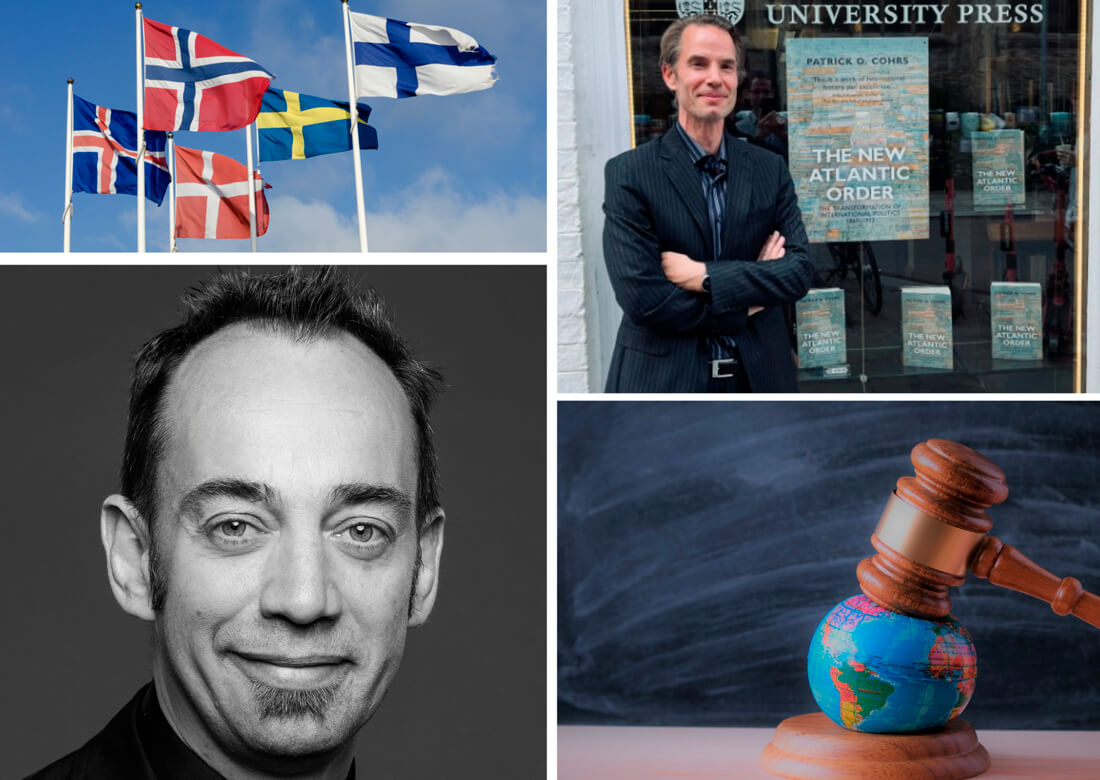Nordic jurists and legal internationalism, 1880s-1970s
 From the late 19th century and into the 20th century international law became increasingly woven into the fabric of international relations. Supporters have lauded it as the meta-language of a globalizing world, able to regulate the conduct of nations and discipline the dynamics of an anarchic system. Critics have, at best, seen it as a utopian but unsuccessful force to civilise international politics, at worst as another tool in the box of hegemonic powers, with the ability to distinguish between the civilized and uncivilized, the deserving and undeserving, and as a stranglehold to keep the society of states in a hierarchy of graded sovereignty.
From the late 19th century and into the 20th century international law became increasingly woven into the fabric of international relations. Supporters have lauded it as the meta-language of a globalizing world, able to regulate the conduct of nations and discipline the dynamics of an anarchic system. Critics have, at best, seen it as a utopian but unsuccessful force to civilise international politics, at worst as another tool in the box of hegemonic powers, with the ability to distinguish between the civilized and uncivilized, the deserving and undeserving, and as a stranglehold to keep the society of states in a hierarchy of graded sovereignty.
Throughout this period, the Nordic states have been some of the most ardent supporters of a world governed by laws. The Scandinavian and later Nordic countries were also granted privileged access, among the small states, within the essentially west-centric international systems of the inter- and postwar decades, socializing them into the language and practice of internationalism, and global governance, and international law. Nordic lawyers were important actors in these ‘socializing’ processes. However, the perhaps most striking feature is the sustained contribution and leading role taken by Nordic jurists from the late 19th century onwards in the revision and renewal of international law. Systematically, Nordic jurists have been at the entrepreneurial forefront of legal internationalism; weaving international law into the fabric of international relations.
With these general observations in mind, this workshop, the first of two workshops, will explore several fundamental questions about the individuals involved and how we are to understand their contribution under the broad heading Nordic jurists and legal internationalism, the 1880s-1970s.
Map of South Campus
View directions.
View on map of the Faculty of Humanities - South Campus.
View map of South Campus (pdf).
